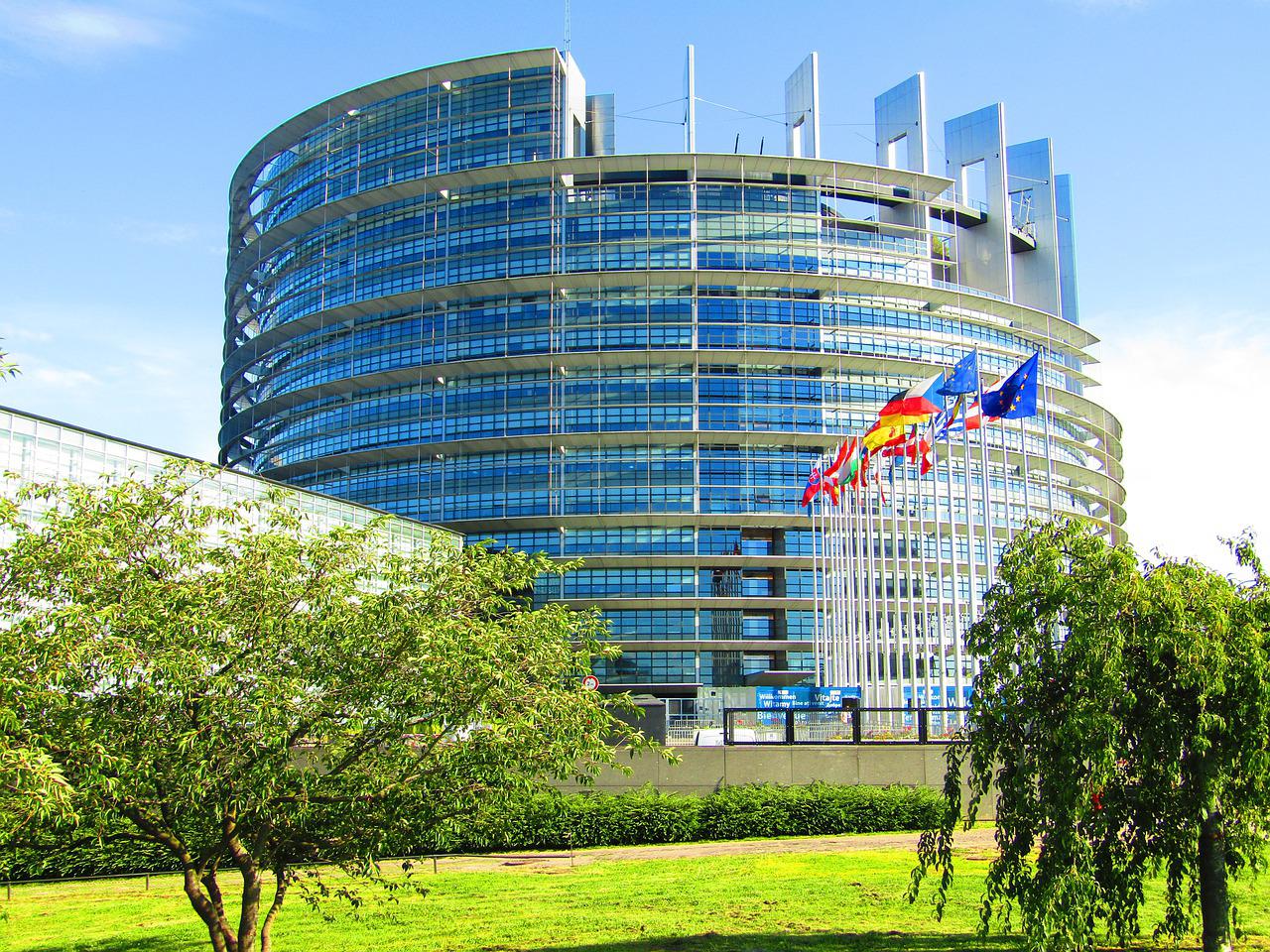More than a hundred people took part in the last session of a pioneering action in Spain that has been developed for over two months // The cycle organised by the OIE has addressed, through two round tables, the vision of local administrations and the experiences of other autonomous communities.
TDB keeps you informed. Follow us on Facebook, Twitter and Instagram
More than a hundred people participated today in the conference “Experiences in the management of funds within the framework of the Recovery Plan for Europe”, which took place at ParcBit and marked the closing of the training cycle on the implementation of the Next Generation EU funds programme promoted by the Balearic Islands Government’s Office for Strategic Investment Planning and Coordination (OIE), with the collaboration of the Balearic School of Public Administration (EBAP) and the Institute of Autonomous Studies.
Today’s session was the only one held in the person of the total of six that have made up this cycle aimed at technicians and public managers to help them improve their skills in order to process the files related to the Investment Strategies of the Balearic Islands and to facilitate its implementation within the framework of the Recovery, Transformation and Resilience Plan (PRTR), funded by the Recovery and Resilience Mechanism (RRM), which is part of the NextGen programme.
This conference, moderated by the Director of the Institute of Autonomous Community Studies, Lluís Segura, was attended by the Deputy Director-General for Programming of the Recovery, Transformation and Resilience Plan (PRTR) of the Ministry of Finance and Public Function, Jorge Fabra, who explained the evolution and prospects of the PRTR.
The attendees enjoyed the debate at a round table on the main challenges and difficulties faced by island and local administrations. Also taking part were the Councillor of the Presidency of the Consell de Mallorca, Javier de Juan; the Island Director of Tourism Promotion and European Funds of the Consell de Menorca, Laura Ruiz; the Head of the Presidency Section of the Consell de Eivissa, Sara Capitán; the President of the FELIB, Antoni Salas; and the General Coordinator of the Municipal Government of the Palma City Council, Óscar Cereijo.
A second round table discussed the experiences of the autonomous communities in the management of funds from the PRTR, with speeches by the Director of the OIE, Joan Carrió; the Director-General of Coordination of Government Action of the Generalitat of Valencia, Juan Ángel Poyatos; and the Secretary for Economic Affairs and European Funds of the Generalitat of Catalonia, Matilde Villarroya Martínez.
Finally, the Minister of European Funds, University and Culture, Miquel Company, closed the session with a speech in which he expressed his gratitude for the participation in this training initiative of representatives of the State, of other Communities, of all the island councils and of the local entities of the Islands. “I would like to highlight the effort we are making as a territory to guarantee adequate absorption of the funds and to ensure their capacity as a driving force for change. This is possible thanks to the great involvement of the staff of the Administrations, which is demonstrated by the participation figures for the entire training cycle,” he said.
The online training cycle delivered by the IOE through the EBAP online training platform started on 21 March and has been developed over six days with an average of 200 participants per session. Most of the participants belonged to the administration of the Autonomous Community, although managers from other administrations on the islands, both councils and town councils, have also taken part in this action, which has made the Balearic Islands one of the first autonomous communities to implement a training programme on the management and implementation of the new European funding instruments. The topics addressed were the specialities of public procurement, state aid regulations, the prevention and fight against fraud and the application of the principle of not causing significant damage to the environment (DNSH).
